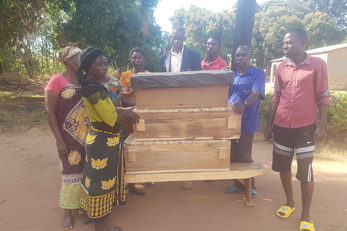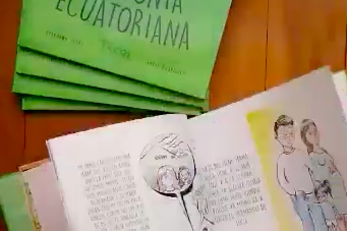


Community Culinary Education: Skills for wellness & self-reliance
Project Launch: 3-6-23
FIG’s partnership-based Food Security Program flips the dominant paradigm of nutrition and food access work on its head. Rather than participate in a charity-based model with generalized individual health standards and pounds of food distributed as metrics for success, we use food and hospitality as pathways for communities to connect with each other and share resources and take care of each other.
The triple pillars of our work: Access – Security – Sovereignty
- We pool resources and facilitate collaboration between chefs, farmers, and community organizers to increase food access for communities we live and work within.
- We do so through processes that build a more resilient, sustainable, local community food web that can provide long term food security while meeting immediate survival needs.
- Because access is not enough — people need agency and ownership — we invest in educational, relational, and cultural work that builds knowledge and power required for true food sovereignty.
FIG’s partnership with Black Trans Liberation and Colectivo Intercultural Transgrediendo goes beyond providing groceries and prepared food. We are collaborating on a new Community Culinary Education Program to support our people in better feeding themselves within a context of displacement and limited resources.
The primary focus areas are:
- Economical Cooking — sharing shopping strategies, recipes that last, portioning, preservation techniques for healthful and delicious cooking with limited time and money.
- Local Produce Cooking — strengthening foundational cooking skills, learning to integrate veggies from our farm partners — Brooklyn Grange and Rock Steady Farm — into traditional and familiar recipes, developing confidence and comfort in the kitchen.
- Reclaiming Culture & Cuisine — many queer and trans people of color living in diaspora have lost access to family recipes and community food traditions because of transphobia, homophobia, displacement, abuse, and rejection. Rotating Black Trans Liberation facilitators will team up with FIG chefs to explore recipes from their heritages.
Explore other Projects




